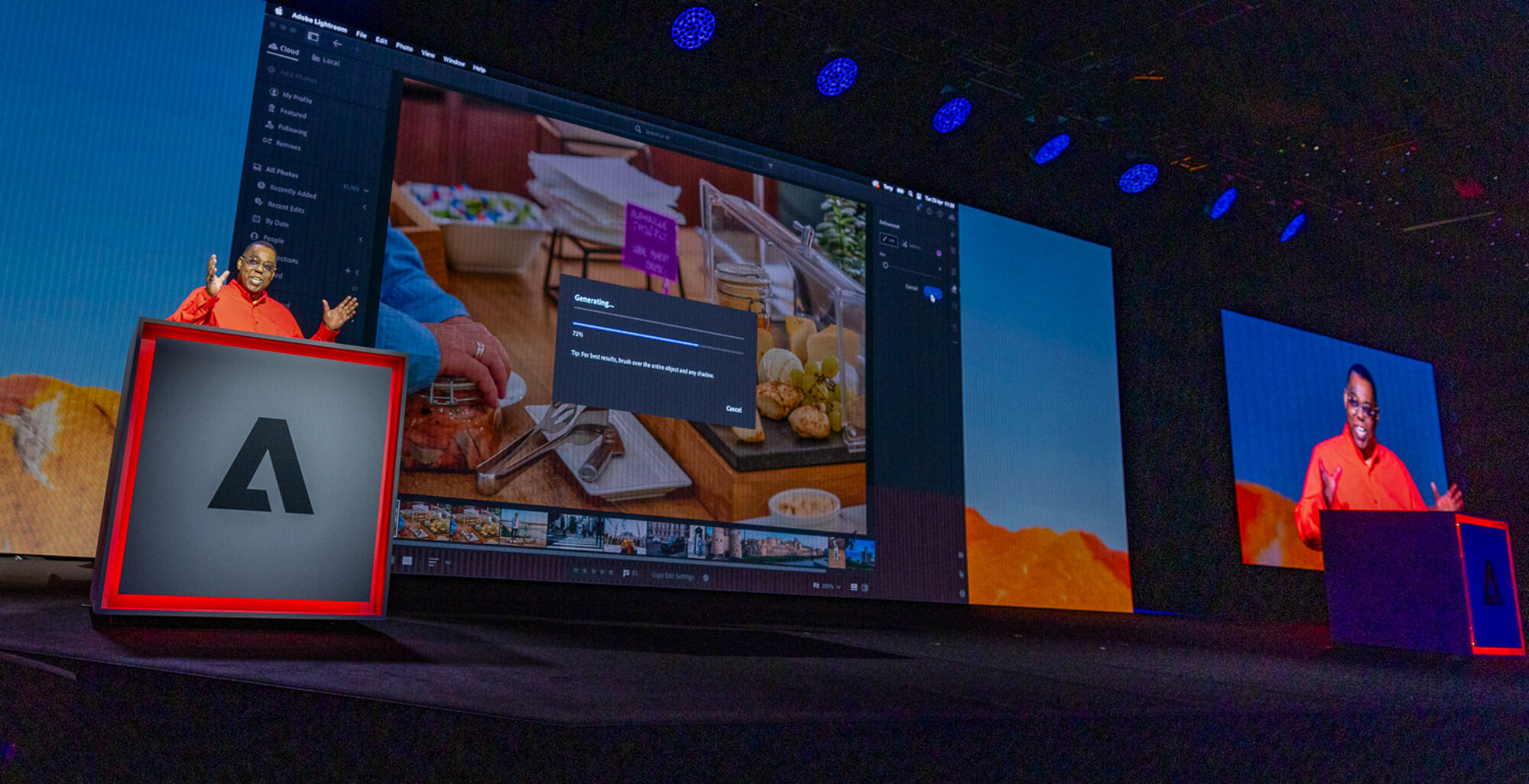Just How Blockchain Modern Technology Is Revolutionizing Information Protection
Blockchain modern technology is fundamentally changing the landscape of information protection by presenting a decentralized framework that guarantees boosted openness and strength. Unlike traditional systems, which depend on centralized data repositories, blockchain distributes information across a network, reducing susceptabilities and single points of failure. The usage of advanced cryptographic strategies guarantees that data remains tamper-proof, promoting depend on among stakeholders and customers. As markets swiftly adjust to this innovation, inquiries arise about its wider effect and potential difficulties. What effects does this change hold for future data protection strategies and regulatory frameworks? The solutions may amaze you (Best tech blog).
The Essentials of Blockchain
Blockchain modern technology, an advanced concept in electronic data administration, essentially changes just how details is saved and protected. At its core, a blockchain is a distributed ledger that records purchases throughout a network of computer systems, ensuring openness and immutability. The modern technology operates on a chain of blocks, each containing a checklist of deals. When a block is filled up, it is time-stamped and linked to the previous block, producing a chronological chain.
Key to comprehending blockchain is the hashing procedure, which secures purchase data into a distinct alphanumeric code. This cryptographic function makes certain that any kind of modification in the transaction data causes a totally different hash, thereby securing versus meddling. The agreement system, one more critical part, confirms and verifies brand-new deals through a network of nodes, thus getting rid of the demand for a centralized authority.
Moreover, blockchain's append-only structure makes certain that information, as soon as included, can not be deleted or changed. This characteristic assurances a long-term and proven document of transactions, fostering trust fund among individuals. Because of this, blockchain supplies a robust framework for data integrity, supplying industries a reliable approach for monitoring and handling digital details in a safe and secure, transparent manner.
Decentralization and Safety And Security
Decentralization, a core concept of blockchain innovation, dramatically enhances data security by distributing control throughout a network rather than counting on a singular, centralized entity. This circulation mitigates the risk of solitary points of failing, which are widespread in traditional centralized systems. By dispersing information throughout many nodes, blockchain makes certain that even if one node is compromised, the whole network continues to be safe. This redundancy not just fortifies the integrity of the information however additionally raises its resilience to cyberattacks and system failings.

Additionally, decentralization empowers individuals with higher control over their data. Each individual in the network has access to the whole blockchain, permitting them to confirm and investigate deals independently. This transparency promotes count on among individuals, as they do not have to count on a main authority to make sure data stability. Overall, decentralization is critical in boosting information protection in blockchain networks.
Cryptographic Techniques
At the heart of blockchain technology, cryptographic strategies play a crucial function in safeguarding data, making certain both confidentiality and stability. Cryptography in blockchain utilizes a mix of symmetric and crooked formulas to secure data, making it available only to accredited events.
Hash features are one more vital part, changing input information into a fixed-size string of characters, properly producing a distinct electronic fingerprint for every block. This guarantees that any type of attempt to change the information will result in a completely various hash, therefore preserving the immutability of the blockchain. Electronic signatures verify the credibility and stability of purchases, offering a layer of non-repudiation.
The decentralized nature of blockchain, integrated with robust cryptographic techniques, eliminates the need for intermediaries, reducing potential vulnerabilities. As blockchain technology progresses, advancements in cryptography such as zero-knowledge proofs and homomorphic file encryption proceed to boost safety actions, further strengthening information defense in this advanced electronic ledger system.
Usage Situations Throughout Industries

In the healthcare industry, blockchain ensures the safe and secure storage space and sharing of individual documents, advertising interoperability while protecting delicate information from unauthorized access. This technology empowers patients with control over their clinical history and promotes smooth sychronisation among healthcare carriers.
Supply chain administration benefits dramatically from blockchain's unalterable journal, which ensures traceability and authenticity of click here for info items from beginning to consumer. By enhancing openness, blockchain aids reduce concerns such as counterfeiting and dishonest sourcing.
In addition, blockchain's decentralized nature is reshaping the energy market by enabling peer-to-peer power trading, where consumers can acquire and sell excess renewable resource directly. This fosters a much more efficient and lasting power ecological community.
In the realm of intellectual residential or commercial property, blockchain supplies a tamper-proof system for makers to sign up and safeguard their works, making sure rightful attribution and reasonable settlement. These diverse use instances underline blockchain's function as a crucial force in redefining data security throughout sectors.
Future of Information Security
As we aim to the future of information defense, blockchain modern technology is positioned to play a pivotal role in protecting electronic details. With its decentralized and immutable features, blockchain uses a durable framework for safeguarding delicate data against unauthorized accessibility and cyber hazards. This modern technology makes certain that once data is videotaped, it is nearly impossible to alter without discovery, hence offering a substantial advantage over typical data storage space approaches.
The integration of blockchain with various other innovative innovations, such as artificial intelligence and the Web of Points (IoT), is expected to boost information security techniques even more. By leveraging smart contracts, organizations can impose and automate security protocols, lowering human error and enhancing efficiency. Additionally, blockchain's capacity to provide deducible and clear deals will strengthen depend on and liability in information monitoring methods.
As regulative landscapes evolve, blockchain's compliance-friendly nature will come to be progressively pertinent. It can assist companies meet rigid information protection laws, such as the General Data Protection Guideline (GDPR) and the California Customer Privacy Act (CCPA), by offering verifiable records of data handling tasks. Ultimately, blockchain's special attributes position it as a transformative tool in the recurring mission to protect the digital world against ever-evolving cyber dangers.
Conclusion
Blockchain innovation represents a paradigm shift in information security by leveraging decentralization and cryptographic techniques to enhance openness, trust, and information honesty. As cyber threats advance, blockchain emerges as an important tool for durable data defense across various markets.
Blockchain technology is fundamentally modifying the landscape of information protection by introducing a decentralized structure that guarantees enhanced transparency and resilience. Unlike conventional systems, which count on centralized data databases, blockchain distributes data across a network, minimizing vulnerabilities and single points of failing.Decentralization, a core principle of blockchain technology, considerably improves information safety and security by dispersing control across a network instead than counting on a particular, central entity.At the heart of blockchain innovation, cryptographic methods play a critical function in protecting information, ensuring both confidentiality and integrity.Blockchain innovation stands for a site link standard change in he said data security by leveraging decentralization and cryptographic strategies to boost openness, trust fund, and data honesty.